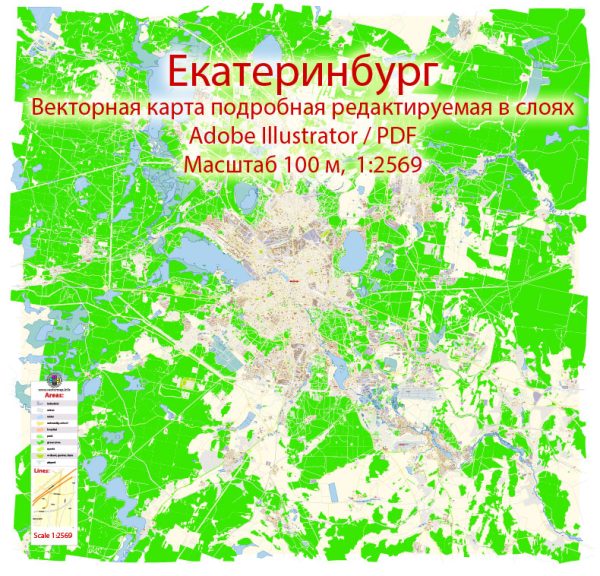Ekaterinburg, also spelled Yekaterinburg, is one of the largest cities in Russia and the administrative center of Sverdlovsk Oblast, located in the Ural Mountains region. The city has a rich history that dates back to the 18th century when it was founded.
Here is a brief overview of Ekaterinburg’s history:
- Foundation and Early Years: Ekaterinburg was founded in 1723 by Vasily Tatishchev and Georg Wilhelm de Gennin as a metallurgical factory during the reign of Catherine I of Russia, which is why it was named after her.
- Industrialization and Growth: The city’s strategic location in the Ural Mountains made it a center for mining and metallurgy. It played a significant role in the industrialization of the Russian Empire and became a hub for iron and steel production.
- Revolution and Civil War: Ekaterinburg was a major battleground during the Russian Revolution and the subsequent Russian Civil War. It was the site of the execution of the last Russian tsar, Nicholas II, and his family in 1918.
- Soviet Era: In the early Soviet period, Ekaterinburg continued to grow and develop as an industrial and administrative center. It was known as Sverdlovsk from 1924 to 1991, named after Yakov Sverdlov, a prominent Bolshevik leader.
- World War II: During World War II, many factories and industries in the city were converted to military production to support the war effort.
- Post-Soviet Era: With the collapse of the Soviet Union in 1991, the city’s name was changed back to Ekaterinburg. It transitioned to a market economy and saw a period of economic and social changes.
- Modern Times: Today, Ekaterinburg is a dynamic and diverse city, with a thriving economy, cultural scene, and educational institutions. It has a rich cultural heritage, with numerous museums, theaters, and historical sites.
- Significant Landmarks: The city is home to various landmarks, including the Church on the Blood, built on the site of the execution of the Romanov family, and the Sevastyanov House, an architectural gem from the 18th century.
- Economic Hub: Ekaterinburg remains an important industrial and economic center, known for its metallurgical and machinery industries. It’s also a transportation hub, with major railroads and highways converging in the city.
- Cultural Center: The city has a vibrant cultural scene, with theaters, art galleries, and music venues. It hosts numerous events and festivals throughout the year, making it a cultural hub in the Urals region.
Ekaterinburg’s history is marked by its transformation from a small mining and metallurgy town to a major industrial and cultural center in Russia. It has played a significant role in the country’s history, and its diverse heritage reflects its journey through time.


 Author: Kirill Shrayber, Ph.D. FRGS
Author: Kirill Shrayber, Ph.D. FRGS